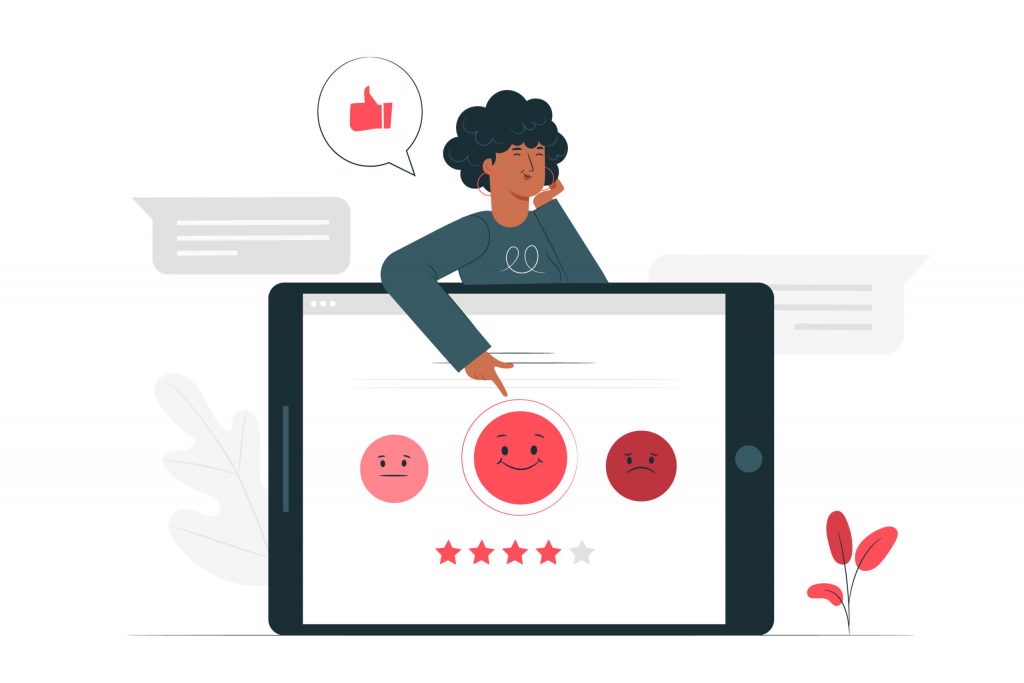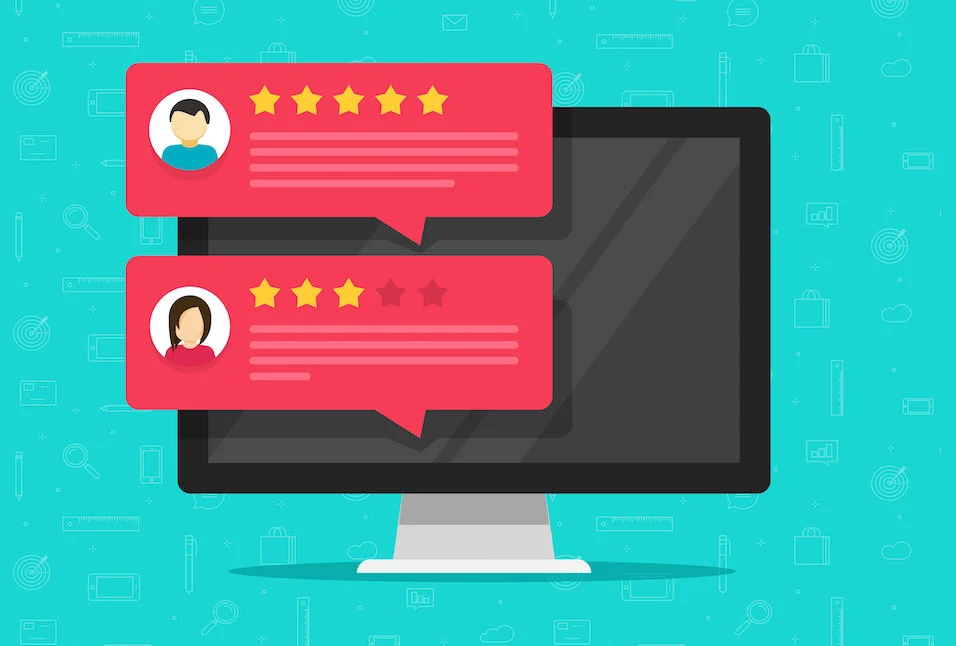Customers can review a company on the online review site Trustpilot after making a purchase, using a service, or getting in touch with customer support. Customers remark on their interactions with the business and give it a star rating (from one to five).
Consumers can assess a firm’s reputation through reviews, and businesses can learn how customers perceive a particular organization. Entrepreneur Peter Holten Mühlmann established the Danish startup Trustpilot in 2007. Its objective is to give shops and service providers a rating system so potential customers can make smarter purchasing decisions and companies can enhance the customer experience.

Why buy reviews?
One can buy reviews online on Trustpilot(Trustpilot Bewertungen kaufen) from various sites. The temptation to purchase reviews exists. They are an effective means of generating new business. Most (almost all) consumers consider online reviews when making purchasing decisions, and they take what they read seriously:
- According to a recent survey, 85 percent of people trust online reviews as much as they trust recommendations from friends.
- Before using a business, 49% said it must have at least four stars on Google.
- The average person expects a business to have 34 reviews before trusting its rating.
- Seventy-seven percent of those polled believe reviews older than three months are irrelevant.
- Sixty-eight percent of people say online reviews influence their purchasing decisions.
So, what does this mean? For one thing, businesses need a steady stream of positive reviews to keep customers coming back. And those reviews do, in fact, directly translate into sales. According to one study of restaurants, a one-star increase on Yelp translated into a 5-9 percent increase in revenue.
Negatives of buying reviews
Purchasing reviews are not worth the risk because they can backfire spectacularly in one of several ways:
- Review sites are very good at determining when reviews are fake
They’re getting better at this every day. Yelp, in particular, is known for its sensitive recommendation software, which is constantly updated and hides reviews that have been flagged as potentially fraudulent. Google is starting down the same path.
- Consumers are also much better
Consumers are better about determining whether or not reviews are genuine. Of course, many, if not most, people who read a fake review will be unaware, but it only takes one savvy reader to raise an eyebrow.
- Some of your paid reviewers may reveal the rewards or incentives
People might reveal what they received in exchange for positive reviews. If a customer reads your reviews and sees something like, “I loved their product. They just gave me a free hairdryer to write this review,” it could spell doom for your brand’s public relations.
- You will miss out on critical feedback
Reviews aren’t just for increasing your company’s credibility or convincing customers to buy from you. One of the primary goals of customer reviews is to gather honest, unfiltered feedback on how your customers perceive your products or services. While some reviews may be harsh, this can provide an opportunity for businesses to identify and address flaws in their services. If your company has 100+ positive reviews online, but your customers do not like your service, they will not only not return but also realize those reviews were fabricated.
- It can also be deemed illegal
Because of soliciting fake reviews, some businesses have faced hefty fines and other legal issues.
- Review sites take this issue seriously and may penalize businesses
Sites that participate in the Consumer Alerts program display a large pop-up message on the pages of businesses that have illegitimate reviews. The pop-up remains on the page for 90 days, alerting any customers who visit the page during that time that the business in question has been caught using fake reviews.

Summary
In the best of circumstances, purchasing fake reviews wastes money and time. The consequences can be disastrous if site administrators or customers discover fake reviews.